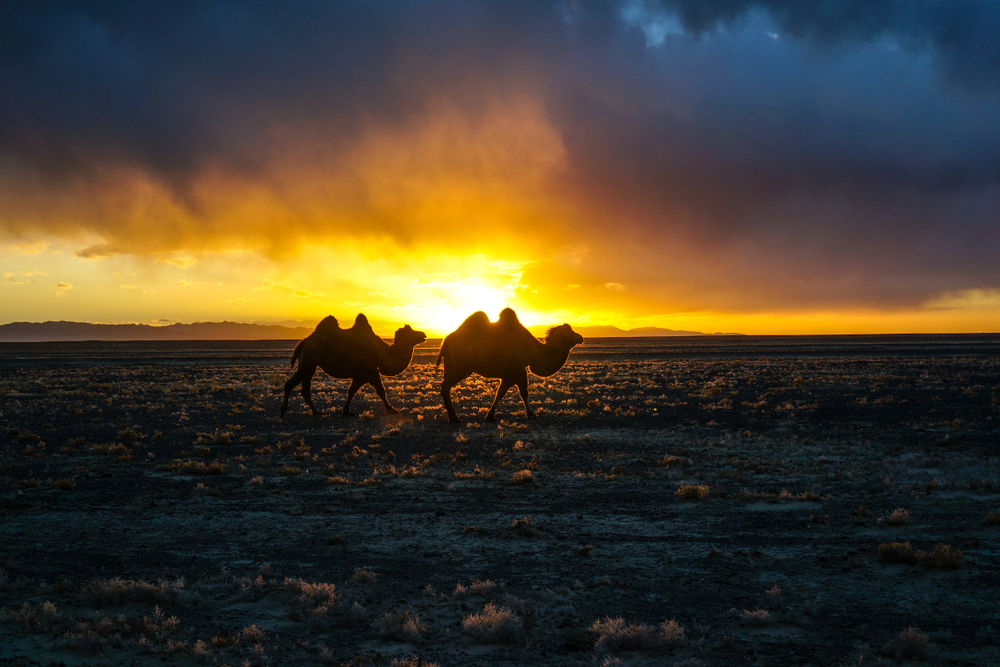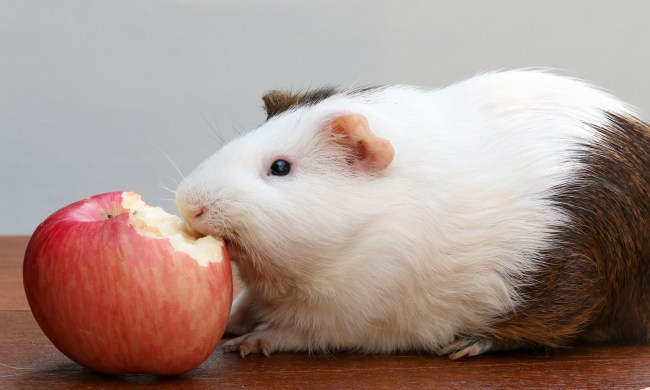Animal lovers, take note. If you’re interested in learning more about the vast variety of wildlife on this planet and what you can do to protect it, you’ll want to watch A Perfect Planet (2021) on Discovery+. Narrated by Sir David Attenborough, the five-part series was filmed over four years across 31 countries and edited for the BBC One network in 2020. Not only does this documentary series delve into the way humans are affecting the earth, but it also provides an incredible, up-close look at animals that not even the most seasoned tour guides can offer.
Discovery+ is a new on-demand streaming platform featuring programming from Discovery, TLC, Animal Planet, Food Network, HGTV, and others. Plans begin at $4.99 per month and can be canceled at any time. A seven-day free trial is available with subscription.

What viewers can expect
Attenborough’s voice is legendary in the animal documentary world. So, too, is the incredible videography produced by the Silverback Films crew during their six-week shoot for each episode, which often took them to remote locations and exposed them to extreme weather.
For example, one sequence took the crew to Asia’s inhospitable Gobi Desert in search of wild camels. The segment was shot during the winter, when temperatures reach minus 40 degrees. Another took the crew to Lake Natron in East Africa to film a colony of flamingoes. The huge soda lake is extremely alkaline, with a pH level that can reach 10.5 — nearly as high as ammonia. Its waters can warm up to 140 degrees.
Silverback Films has produced other wildlife films for television and cinema, including several Disneynature animal documentaries and Our Planet, a collaboration with Netflix and the World Wildlife Federation. The crew finished shooting the series just before the COVID-19 pandemic and spent 2020 editing the final footage. Attenborough did much of the narration from a make-shift studio in his home.
Why you should watch
Viewers of A Perfect Planet are treated to rare and intimate glimpses into the lives of animals that can’t be seen on a walk around the neighborhood or at the local zoo. From colorful, muck-dwelling cuttlefish in Indonesia to carmine bee-eaters nesting on Zambia’s riverbanks to Christmas Islands’ water-averse red crabs, viewers benefit from the patience of the Silverback Film crew who waited for the right shot to tell the story.
But beyond the wonderful display of exotic animals, viewers will also learn how human habits are disturbing the earth’s ecological balance and how we must band together to protect our rapidly changing climate.
Is our planet perfect? Naturalists will tell us it used to be. Viewers of A Perfect Planet can decide for themselves. In this first season, the documentary series explores volcanoes and how they contribute to life on earth, strategies animals have developed to survive the amount of sun in their habitats, how weather shapes animal life, oceans and their ecosystems, and how humans are negatively affecting it all. Animal lovers will want to take notes, if not for the preservation of lands and animals they’ve never seen, then for the sake of the domestic animals in their own backyard.
https://auth.discoveryplus.com/product?flow=purchase


